Did you know that about 1 or 2 people in every 100 will develop a leg ulcer at some time in their life? It is one of the most common wounds amongst Australians.
What are leg ulcers?
Leg ulcers are open wounds that take a long time to heal. They usually occur between the ankle and the knees and can be susceptible to pus and discharge, along with pain, itching and swelling.
These sores need to be treated, and if they don’t heal within three months of treatment, then they are considered chronic leg ulcers.
There are many reasons for leg ulcers. Most of them are commonly associated with poor circulation. They are also hereditary and can occur again and again.
Some other causes of leg ulcers include high blood pressure, diabetes, heart disease, kidney disease, venous disease, arterial disease, smoking, infections, and complications of varicose veins.
Treating leg ulcers can be tricky and includes removing dead skin tissue. It also involves the use of antiseptics and specialised dressings to prevent infection. In some cases, surgery and skin grafts are also needed.
Leg ulcers take a long time to heal, from weeks to months. Some leg ulcers may take longer, while a few may not heal at all.
As a treatment method, Manuka honey may be beneficial for leg ulcers, as it has proven to be effective in treating wounds.
Manuka honey’s effect on wounds
Honey is known for its antibacterial, anti-inflammatory, and wound healing properties and has been used to treat wounds for centuries.
The antibacterial effect of most honeys is because of the hydrogen peroxide present in it. However, Manuka honey, which is a non-peroxide honey, has significant antibacterial effects, even when hydrogen peroxide activity is hindered. This potent antibacterial action of Manuka is contributed by its Unique Manuka Factor (UMF), resulting from the high concentration of methylglyoxal (MGO).
As a wound healing agent, Manuka honey -
- Protects wounds from oxidative stress and cell damage by activating cells known as fibroblasts.
- Lowers the pH levels of the wound, thus increasing healing time and removing dead tissues.
- Activates tissue growth, even in non-healing wounds.
- Suppresses inflammation, which helps ease pain and improves healing.
- Prevents infections by hindering the growth of bacterial colonies.
- Draws fluid from the wound to the surface, thus cleaning and removing dead tissues.
- Maintains a moist wound environment, which facilitates quicker healing.
How Manuka honey can help leg ulcers
In the last 50 years, scientific research has shifted to finding practical applications of Manuka honey, especially in the management of wounds such as leg ulcers.
In one study of eight patients with leg ulcers, wounds dressed in Manuka showed rapid healing of wounds, with wound size reducing within four weeks. Manuka honey has also been shown to reduce pain and wound odour associated with leg ulcers.
Venous leg ulcers, which are the most common type of leg ulcers, take a long time to heal. There is also a risk of reoccurrence in these types of ulcers.
A study which examined the effect of Manuka honey dressing on leg ulcer wounds found that Manuka was successful in eradicating antibiotic-resistant bacteria in 70% of chronic venous ulcers compared to 16% of wounds treated by traditional hydrogel dressings.
When both the bacteria and dead skin tissues are eliminated, it can increase the potential to prevent infections and cross-infections, according to the study.
Despite the success of Manuka honey for treating leg ulcers in some studies, scientists say that more research is needed.
Type of Manuka honey to use for leg ulcers
You should use medical grade Manuka honey for any kind of wounds, including leg ulcers. Look for the highest grade possible, preferably MGO 829—a hospital grade Manuka with powerful antibacterial properties.
However, before you use Manuka for leg ulcers, it is strongly recommended to check with your doctor as the amount of honey used and the way the dressing is applied can affect the wounds. You may also be prone to allergic reactions.
Nature’s Gold recommends applying manuka directly on the ulcers, which is then bandaged. Once the wound starts to clear apply Nature’s Gold TGA listed Therapeutic Skin Cream with Manuka Honey.
All our therapeutic range of products have been TGA listed (Therapeutic Goods Administration) and this means they have been tried and tested and they work. You can shop for Nature’s Gold Therapeutic Manuka Honey Products online.


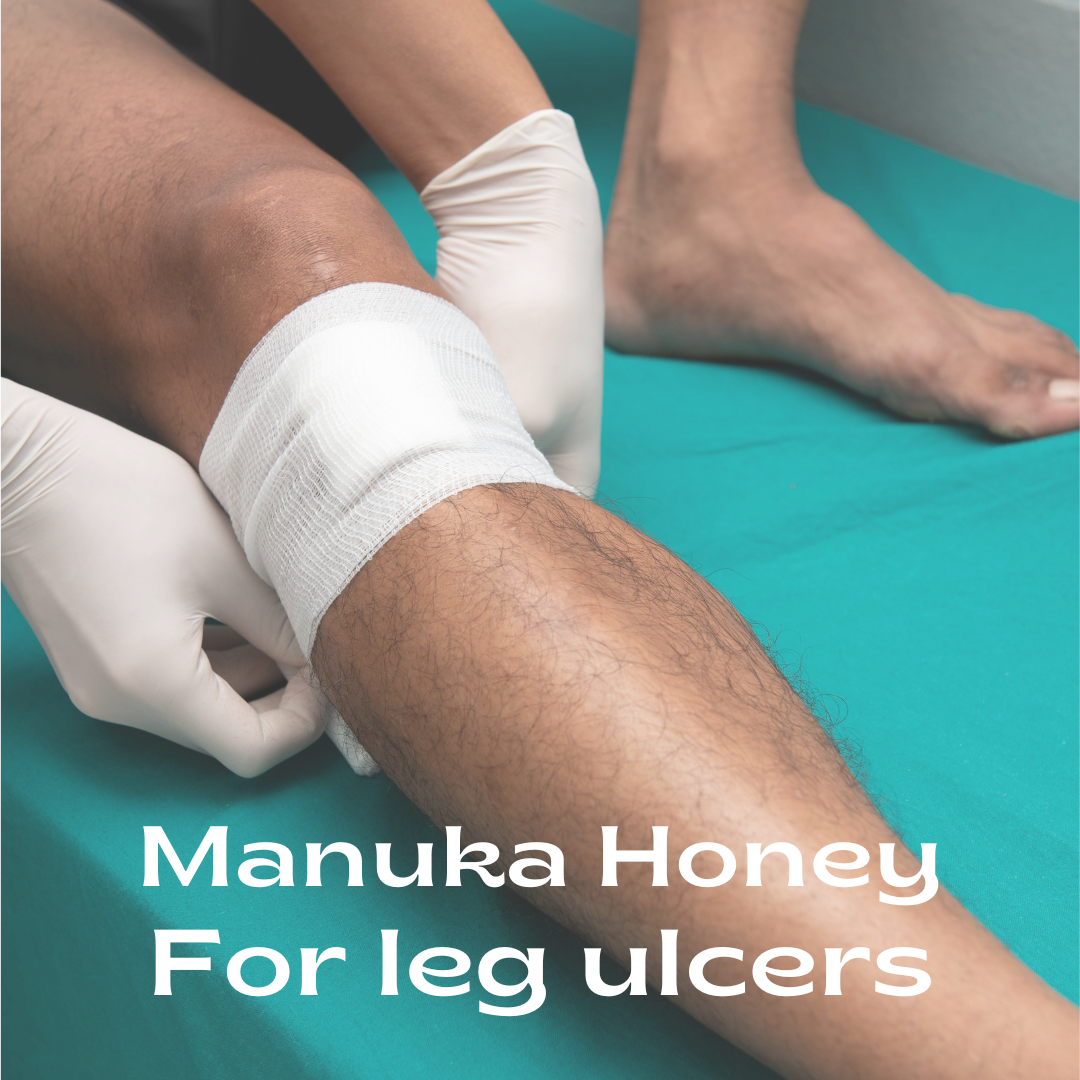
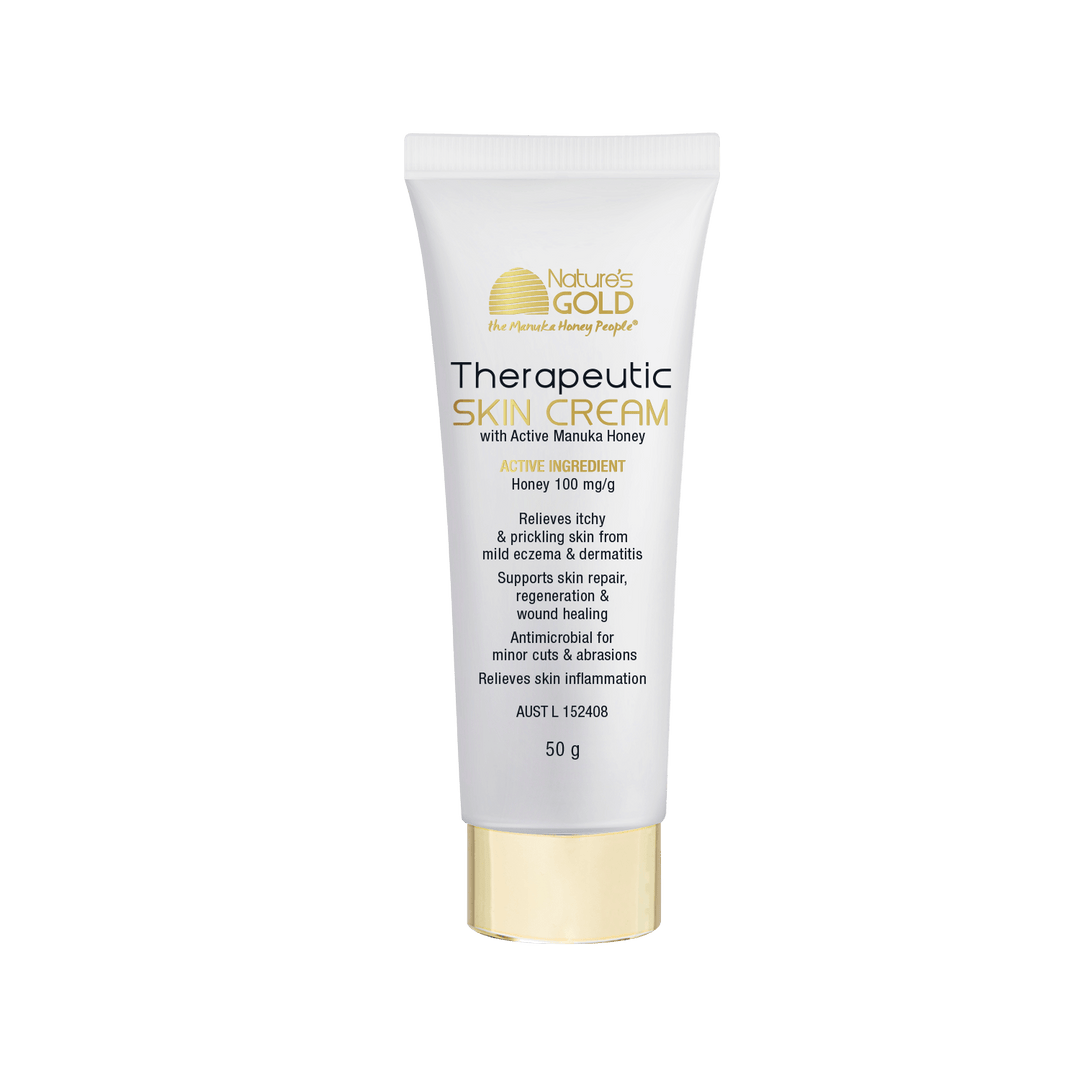
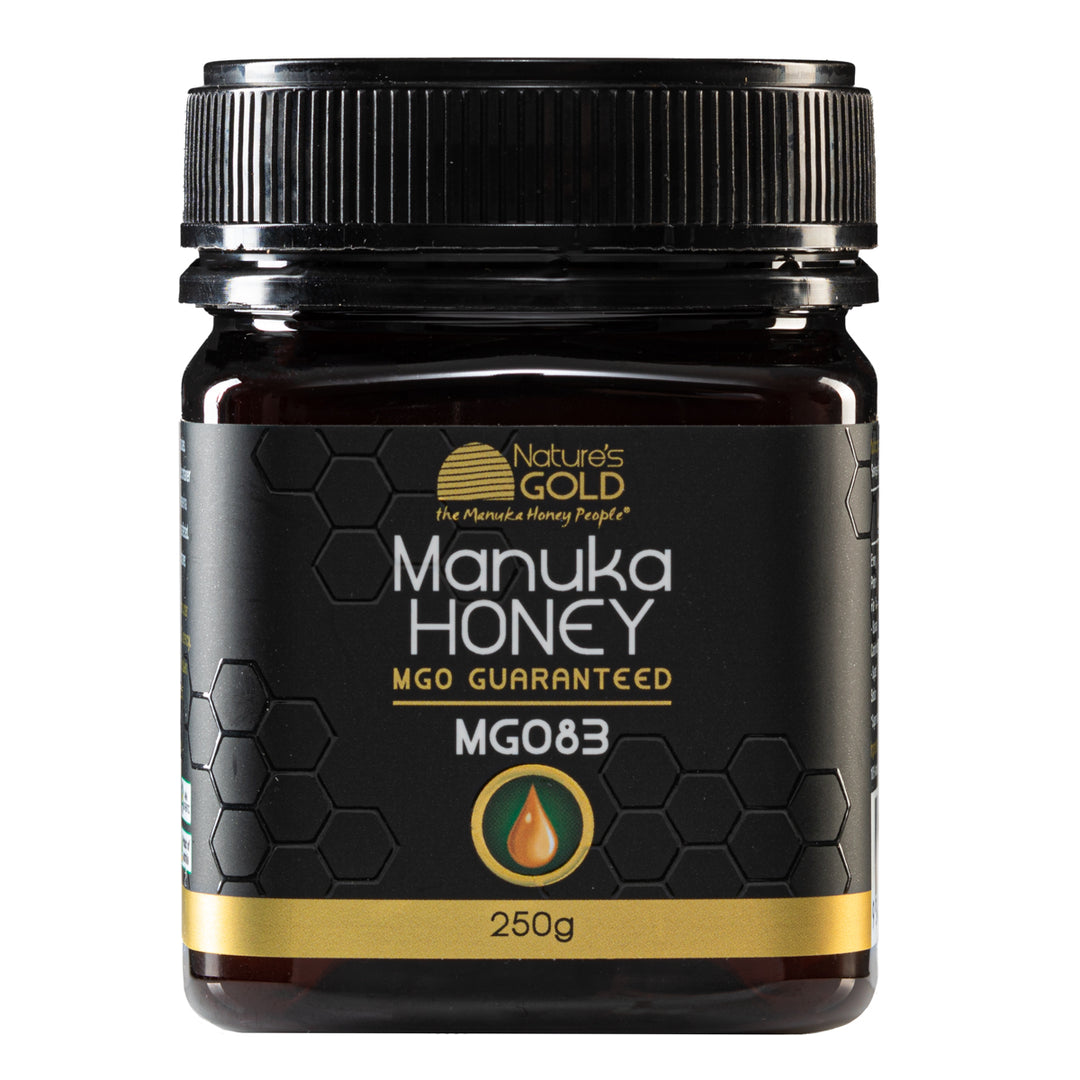
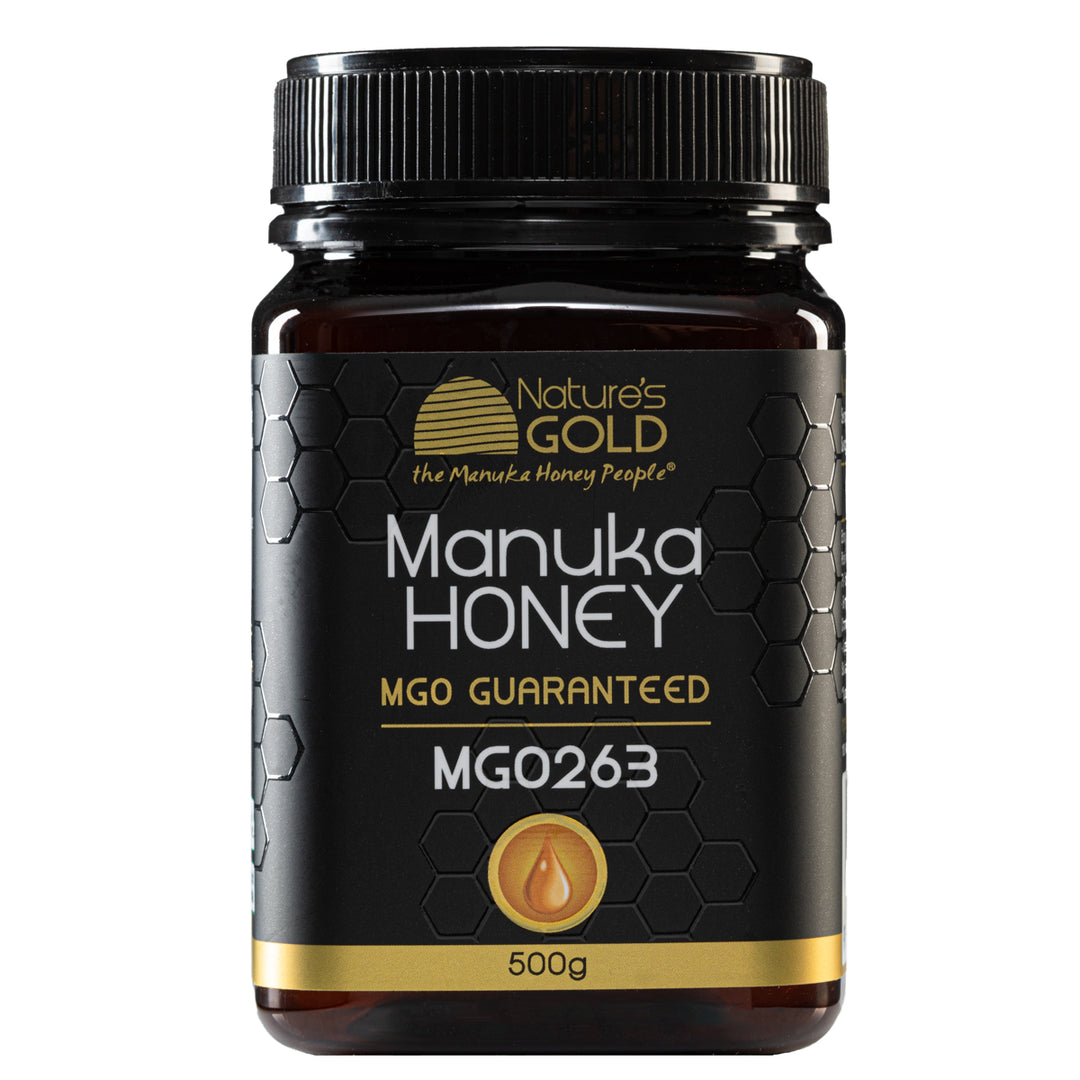
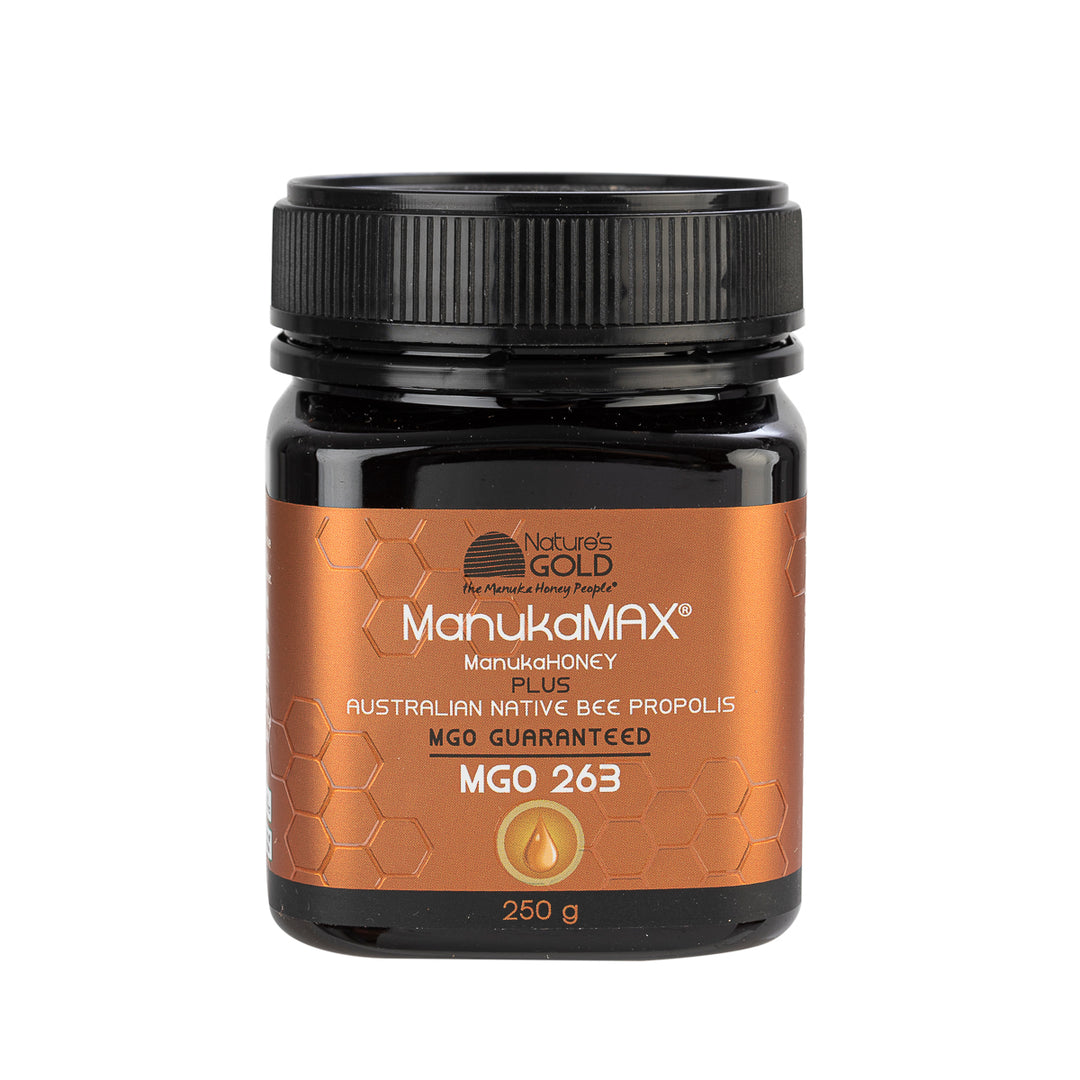
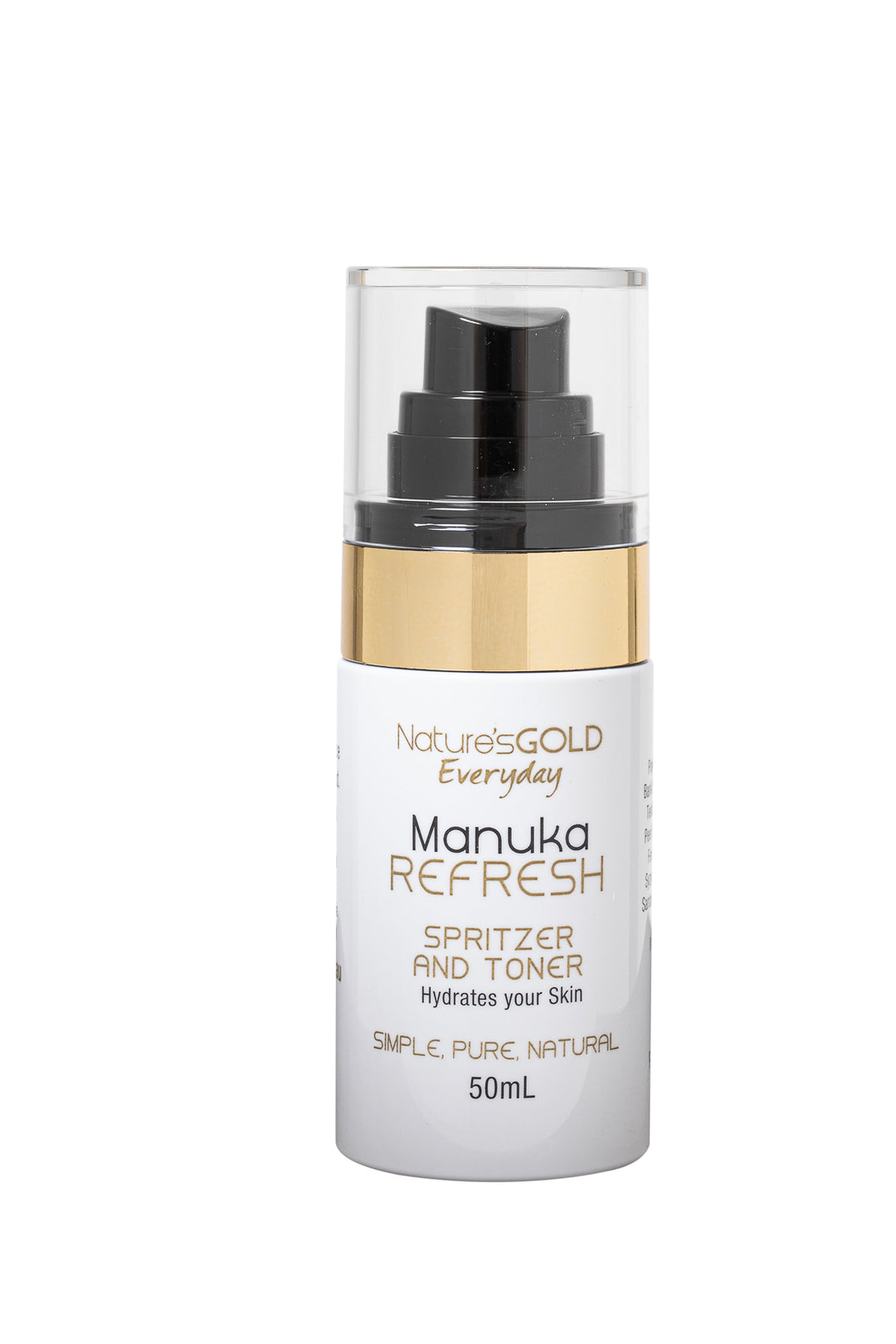
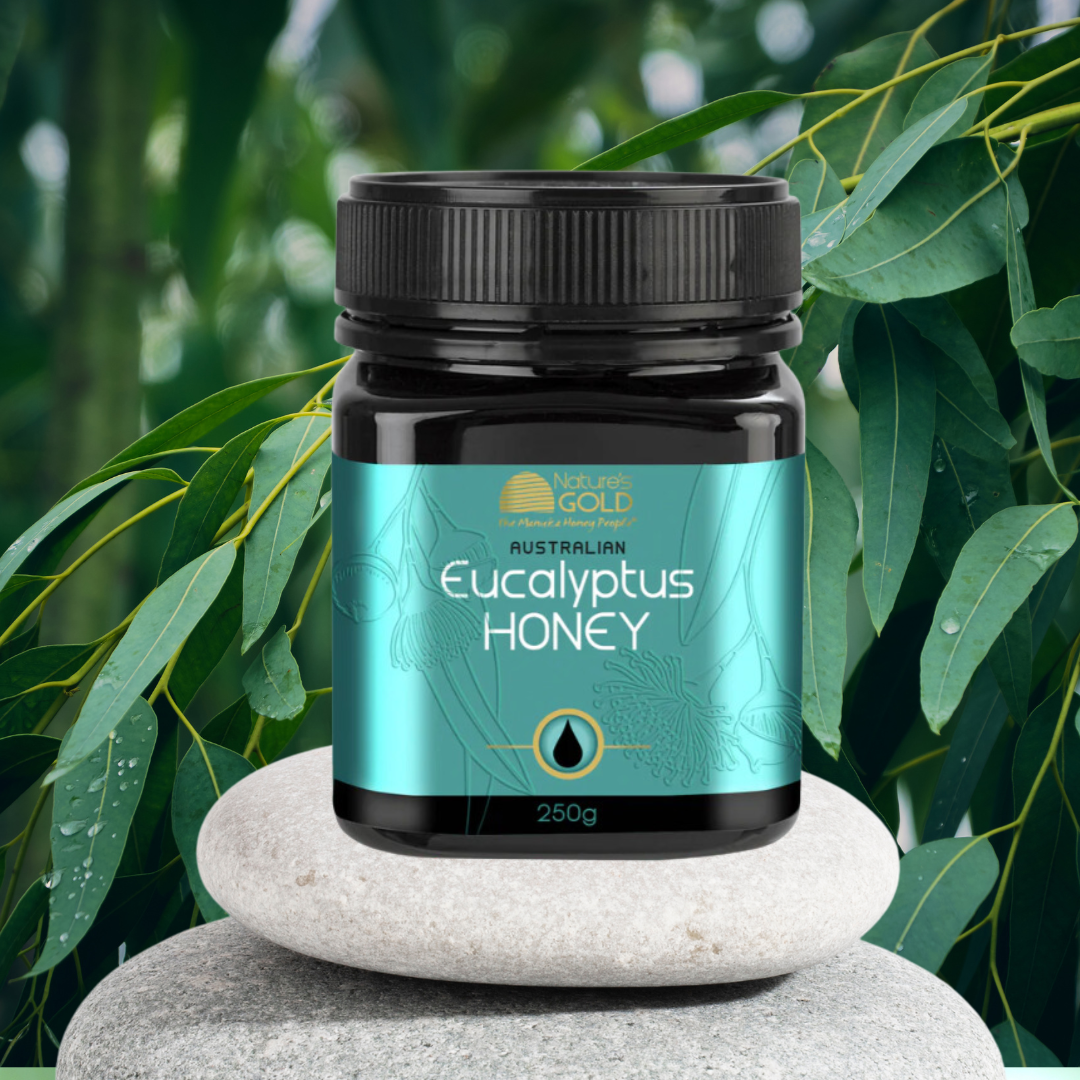

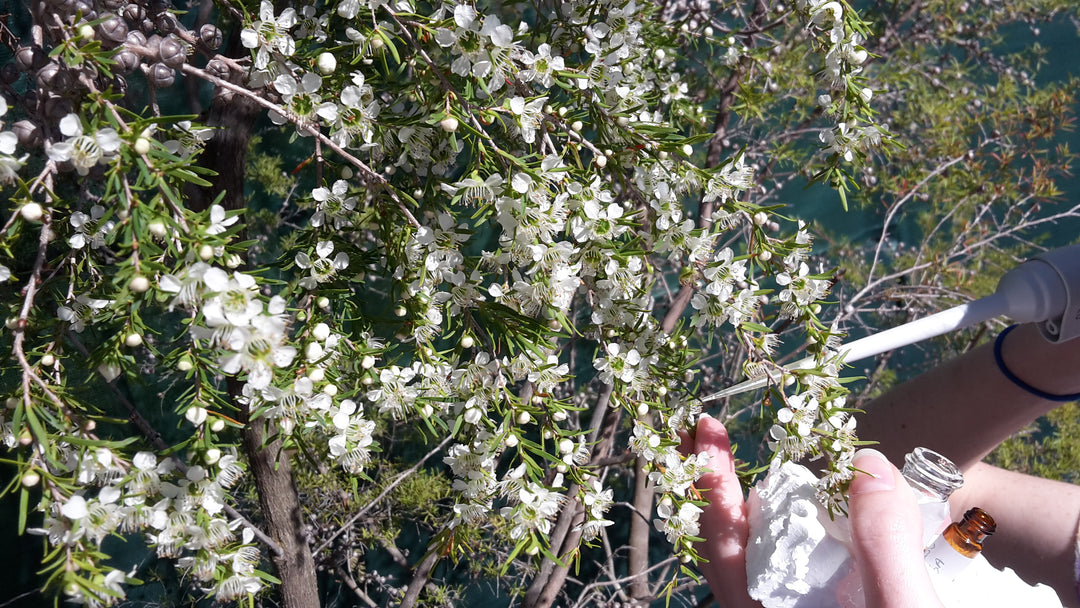
Leave a comment